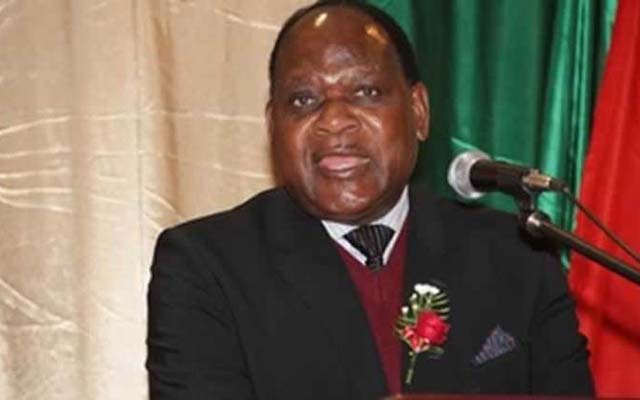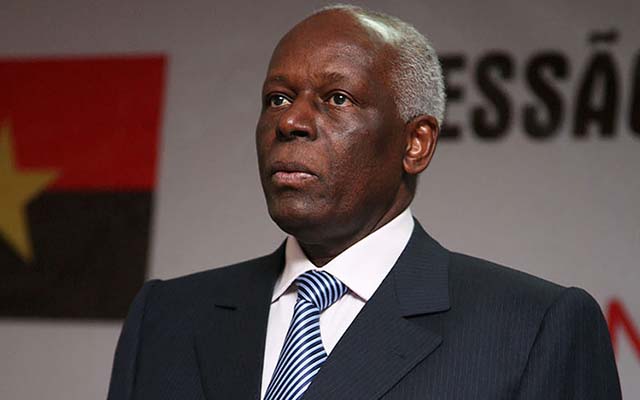Thumbs up to Office of the President and Cabinet


Dr Sibanda
Dr Gift Mugano
Zimbabwe, since the turn of the new millennium, has been lowly ranked by the World Bank in its Doing Business Report. In an effort to address regulatory, transactional and administrative burden which is affecting the business environment for the local and foreign investors, the Government of Zimbabwe, led by the Office of the President and Cabinet initiated the process of implementing the Ease of Doing Business (EDB) Reforms.The EDB reforms started in September 2015 with the following thematic areas being constituted:
Starting a Business and Protecting Minority Investors;
Enforcing Contracts and Resolving Insolvency;
Getting Credit;
Paying Taxes and Trading Across Borders; and
Construction Permits and Registering Property.
The reforms are being implemented using the Rapid Results Approach (RRA) over a period of 100 days. The EDB reforms targeted both administrative and legislative reforms. Legislative reform is targeting the Companies Act and ancillary legislation. Administrative reforms are centred on reforming the procedural, time and cost elements of the doing business.
To date, 13 legislative reforms which covers deeds registry act, small claims, commercial court, high court, estate administration act, insolvency act, movable property security interest bill, Reserve Bank Act bill, companies act, shop licensing act, manpower development act, national social security authority act and regional and country planning act.
Based on progress report presented by the chairpersons of the working team on the EDB programme in June 2016, most of these legislative reforms have been approved by cabinet committee on legislation and were due to be tabled for parliament consideration.
In addition to the legislative reforms, the RRA process is also targeting simplifying of business processes. For example, when compared to other countries like Rwanda, the time taken to start a business in Zimbabwe was unjustifiably too long. It used to take 90 days to fulfil nine procedures to start a new business. All these procedures have been eliminated with the implementation of the Ease of Doing Business reforms.
A classic example is the requirement to advertise twice for a shop licence notice; this would cumulatively take 55 days. However, with the implementation of the Ease of Doing Business reforms these requirements have also disappeared.
Summary of some of the targets in days/hours that have been achieved as a result of the reforms are as follows:
Number of days to start a business have been significantly reduced from 90 to 30 days;
On construction permits, the days have been reduced from 448 days to 120 days as highlighted;
Property registration now takes 14 days from 36 days; and
Time taken to pay taxes was reduced from 242 hours to 160 hours.
These achievements didn’t come easy. It took bold move by the Office of the President and Cabinet (OPC) to lead in this process. This process is very inclusive as it covers all the relevant stakeholders in these thematic areas. The work done by these stakeholders and the OPC in this very short period of time must be applauded.
Certainly, the work on EDB reforms is a continuous process. As we continue to work very hard as team Zimbabwe we need to take note of these notable developments and motivate ourselves that something is happening and have some kind of assurance that we can build on what we are doing today to make Zimbabwe great.
International Monetary Fund (IMF) has predicted that Zimbabwe will grow by -0,3 percent by end of this year and -2,5 percent in 2017. This means that the country will be in a recession. However, the IMF went on to underscore that this trend can be reversed if the country implement reforms which can help the country to attract foreign direct investments and make it easy for the existing investors (both domestic and foreign to do business). This is why the work being done by the OPC and the working team is very important.
Readers may also want to ask a question as to why we will go into recession if the OPC has made these strides in the EDB reforms. For the readers’ interest, the work which the OPC has done is part of the journey in creating the enabling environment for our beloved country. There is a lot of work ahead, for example, expeditious approval of legislative reforms by the parliament, strict implementation plan (both on paper and practically on the ground) and a robust communication strategy.
Expediting approval process at parliament, as I said before, a number legislative reforms will go through the parliamentary process. Zimbabwe, because of the level of our education, unlike other African countries which are not too scrutiny to bills as they come through, we are very scrutiny to a point that in some cases it becomes a cost.
If it is in the war zone, I would equate to spending a lot of time on aiming without shooting. Yet, in some cases one has to just shoot without aiming and can still get it right. Alternatively, one can look it from a point of view why most Small and Medium Enterprises (SMEs) are led by people who may have one certificate (birth certificate) and are able to take care of their families than a Doctor of Economics like myself.
The answer is that an SME owner just shoot without aiming and Dr Mugano will spend time doing risk analysis of the business until it suffers still birth. We must avoid this tragedy in our parliament as it receives these bills. It is important that we become thorough but we must also respect the work of the working group since they are experts in the respective fields.
Expediting implementation, once the legislative process has been completed and the bill has been ascended into law, the devils lies now in implementation. Every piece of law is only useful if and on if is implemented. For successful implementation of the legal framework requires communication (I will come back to this aspect), reconfiguration of institutions (whether coordinating institutions or implementing institutions) and resourcing them, stamping out corruption and enforcing the framework on governance.
Communication, knowledge is power. A robust and well-resourced communication framework is needed to educate the masses on these reforms. Here there are no short cuts. Generally, this part, the communication strategy, is overlooked even in donor programmes yet it is the key to changing people’s life through knowledge.
Implementation becomes easy when the citizens and various stakeholders know. On a lighter note, commuter omnibuses conductors cannot short change passengers on bus fare from say Harare city centre to Budiriro for a passenger who is sitting on a full seat or behind the driver (paKadoma) because they know!
For the world ranking purposes, Zimbabwe can run the risk of not improving its position on the World Bank Doing Business Report if reforms are not well communicated. This is so because World Bank when it carries its survey it asks businesses especially the SMEs on how the reforms have reduced their cost of doing business.
The SMEs can substantiate the benefits if it knows the previous and current laws and then draw up how it has impacted on his/her business. This can only happen if and only if effective communication mechanism is put in place and is well funded.
Georgia made remarkable progress in reforms but took a good five years to feel the impact due to lack of communication!
As we salute the OPC and various working groups and as we continue to work around the clock on reforming the business environment we must keep it in mind that implementation and communication is key (assuming that the legislative process is completed).
As I end my note here, I will leave the readers with this Ndau proverb particularly now in the face of volatile global economy:
Dzionere mhingo yededeuka rekerakubatira unowa.
The information on reforms was extracted from the presentations of the thematic groups chairpersons at a stakeholder workshop held in June 2016 and the recent statement (published in The Sunday Mail) on reforms by the Chief Secretary to the OPC, Dr M J Sibanda.
Dr Mugano is an Economic Advisor, Author and Expert in Trade and Competitiveness. He is a Research Associate of Nelson Mandela Metropolitan University. Feedback: +263 772 541 209 or [email protected]










Comments